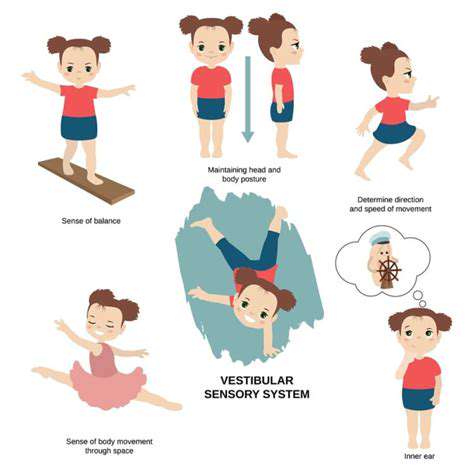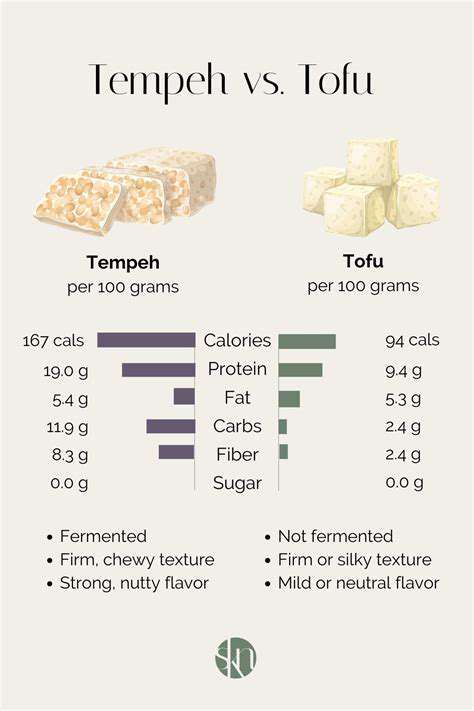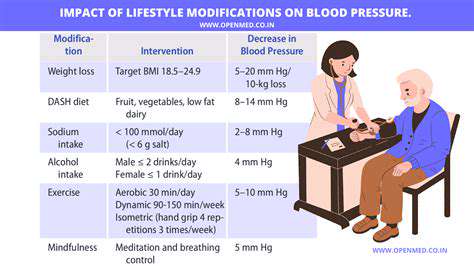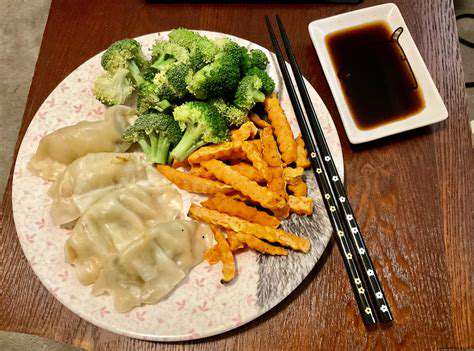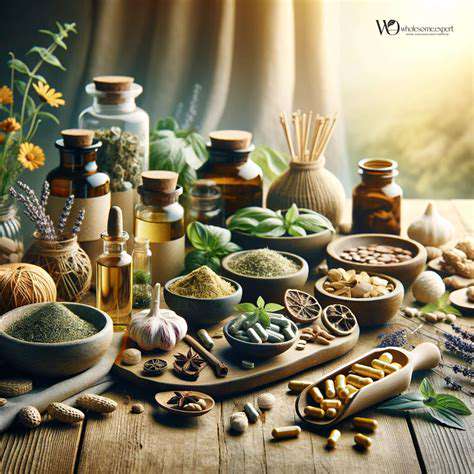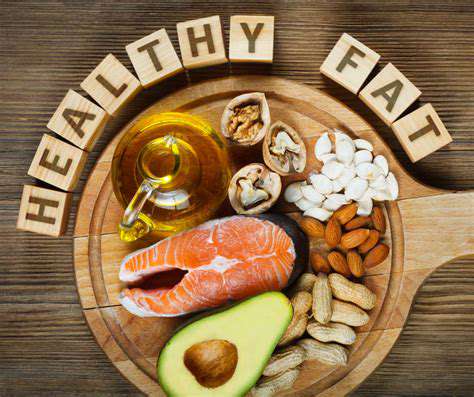TCM Food Therapy for Seasonal Wellness
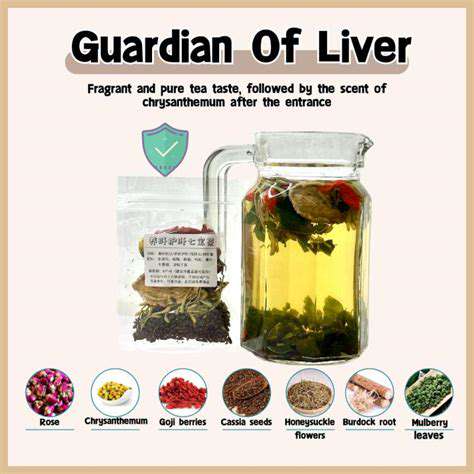
Spring: A Time for Liver Revitalization
As nature awakens from winter slumber, spring paints the world in vibrant hues and breathes new life into the environment. This seasonal transition creates the perfect opportunity to focus on our body's natural detoxification processes. The liver, working tirelessly as our internal filtration system, deserves special attention during this season of renewal. By supporting this vital organ now, we prepare our bodies for the active months ahead while enhancing our overall vitality.
The Liver's Essential Spring Functions
Our hepatic system performs over 500 critical functions daily, from processing nutrients to neutralizing toxins. During springtime, environmental changes like increased pollen levels and shifts in atmospheric pressure create additional demands on this hardworking organ. Scientific studies show that liver enzyme activity fluctuates with seasonal changes, peaking during transitional periods like spring. This makes targeted liver support particularly beneficial when nature itself is undergoing transformation.
Nutritional Support for Hepatic Health
Seasonal eating aligns perfectly with liver nourishment requirements. Early spring offers an abundance of bitter greens like dandelion and arugula that stimulate bile production naturally. Citrus fruits arriving at winter's end provide ample vitamin C, a powerful antioxidant that aids liver detox pathways. Nutritionists emphasize that incorporating at least three different colored vegetables daily creates a synergistic effect for liver support. Consider adding these powerhouses to your spring diet:
- Dark leafy greens (kale, spinach, Swiss chard)
- Cruciferous vegetables (broccoli, Brussels sprouts)
- Colorful root vegetables (beets, carrots)
Movement and Circulation
Traditional Chinese medicine associates spring with the wood element, emphasizing the connection between gentle movement and liver health. Unlike intense winter workouts, spring calls for flowing exercises that promote flexibility and circulation. Research indicates that just 30 minutes of daily moderate exercise can improve liver enzyme profiles by up to 20%. Excellent spring activities include:
- Morning tai chi or qigong sessions
- Leisurely nature walks
- Gentle yoga flows focusing on twists
Hydration Strategies
While we often associate hydration with summer heat, spring's variable temperatures can actually be more deceptive. The liver requires adequate water to process and eliminate toxins effectively. A simple test: if your urine isn't pale yellow by midday, you likely need more fluids. Enhance your hydration with these liver-loving additions:
- Warm lemon water upon waking
- Dandelion root tea between meals
- Infused waters with cucumber and mint
Mind-Body Connection
Modern research confirms what ancient healers knew - emotional stress directly impacts liver function. The liver stores and filters not just physical toxins but also helps process emotional stressors. A 2023 study published in the Journal of Psychosomatic Medicine found that participants who practiced daily mindfulness showed 15% better liver function markers after three months. Try these simple stress-reduction techniques:
- Five-minute morning meditation
- Evening gratitude journaling
- Breathwork exercises during transitions
Winter: Nourishing the Kidney and Supporting the Body's Defense

Kidney Function in Cold Months
As temperatures drop, our kidneys face unique challenges in maintaining homeostasis. These bean-shaped organs work overtime to regulate fluid balance, blood pressure, and red blood cell production during winter. Clinical data shows kidney stone incidents increase by nearly 30% in winter months, highlighting the importance of proactive care. Understanding these seasonal demands helps us support our renal system effectively.
Winter Nutrition for Renal Health
The craving for hearty winter foods can be balanced with kidney-conscious choices. While stews and roasts provide warmth, we must ensure they don't overload our filtration systems. Nutritional therapists recommend the rainbow plate approach even in winter - incorporating colorful plant foods that provide diverse phytonutrients. These kidney-friendly foods deserve space on your winter table:
- Root vegetables (parsnips, turnips, sweet potatoes)
- Winter squashes (butternut, acorn, pumpkin)
- Dark berries (frozen or dried when fresh isn't available)
Hydration in Cold Weather
Winter's dry air and indoor heating create deceptive hydration needs. Many people don't feel thirsty in cold weather despite significant fluid loss through respiration. Healthcare providers note that winter dehydration accounts for nearly 20% of non-emergency hospital visits among older adults. Implement these hydration strategies:
- Set hourly water intake reminders
- Warm herbal teas count toward fluid goals
- Monitor urine color (aim for pale straw)
Cold Weather Circulation
Vasoconstriction in cold temperatures reduces blood flow to extremities and vital organs. For kidneys, this means working harder to maintain proper filtration rates. Studies demonstrate that core body temperature drops of just 2°F can reduce kidney efficiency by up to 15%. Combat these effects with:
- Layered clothing to maintain warmth
- Regular movement breaks if sedentary
- Warm foot soaks before bed
Seasonal Stress Management
The winter blues aren't just metaphorical - reduced sunlight affects our endocrine system which in turn impacts kidney function. The American Psychological Association reports that 38% of people experience increased stress during winter months. These practices help maintain equilibrium:
- Light therapy for 20 minutes each morning
- Social connection (even virtually)
- Mindful breathing exercises
Preventive Healthcare
Winter's challenges make proactive health monitoring especially important. Annual physicals often reveal previously undetected kidney issues, with winter being an ideal time for assessment. Key preventive measures include:
- Blood pressure monitoring at home
- Urinalysis as part of annual checkups
- Discussion of family history with your physician
